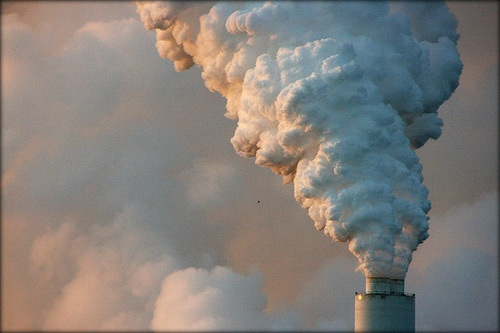In 2006, at a campaign rally in Virginia, when former Republican Senator George Felix Allen was running against James Webb, Allen got called out by none other than the Washington Post for repeatedly calling a Webb campaign volunteer a “macaca” (you can see the quoted text here).
The word reportedly derives from Bantu, and means “monkey”. In the Belgian Congo, the word is used to refer to the native population. Allen’s persistent repetition of the word earned him the reigning championship in the xenophobe category, and the term itself was awarded the status of “most politically incorrect” word of 2006 by Global Language Monitor, a nonprofit entity that studies and tracks word usage and dialect.
Webb won, and is currently the senior Senator from Virginia. Allen, not to be outdone by his own faux pas, caught more flack for using the “N” word so liberally in speech that even his white friends were appalled. The teammate who relayed this information asked at the time not to be identified because he was afraid the Allen campaign would retaliate.
In response, Newsweek ran an article noting that “discerning Virginians” recognized that Allen’s projected image – a diehard Southern redneck – was an affectation, but it’s hard to imagine anyone acting like a yokel on purpose. Or is it? In any case, when roundly defeated in his Senatorial bid, Allen started a Washington consultancy.
Fast forward three years, and we find Allen as the head of a non-profit called the American Energy Freedom Center, an organization spearheaded by Institute for Energy Research, which aims to destroy Waxman-Markey (aka the American Clean Energy and Security Act) and renewable energy in favor of fossil-fuel generation.
It comes as no surprise that, in a conference call with reporters Tuesday, Allen said coal, oil and natural gas are the solution to the nation’s energy problem, and that his organization’s mission was to educate and inform. Shouldn’t those words be infiltrate and subvert?
Allen says he doesn’t believe Americans know the extent of the country’s coal and oil reserves. I think, after the Brushy Fork coal protests (and the TVA coal ash disaster of Christmas 2008), Americans know far more about coal than they ever wanted to.
Allen also says that the cap-and-trade system proposed by President Barack Obama would increase the average American’s household’s energy bill by $200 to $250 a month. This figure ($3,128 per year) has become the Republican mantra to avoid discussing climate change and stall renewable energy, but the truth, according to EPA figures, is closer to $140 per year, and even generous estimates by rational analysts place it no higher than $800 a year.
It’s an uphill battle for Allen and his coterie, especially in light of a new UN report that shows investment in renewable energy overtaking fossil fuel power for the first time in history.
Allen has said he won’t run for governor of Virginia in 2009. No doubt. He’s currently too busy running his mouth in support of an industry that has destroyed much of Appalachia and is working on doing the same in Alaska and the Western Slope.
Subscribe to our newsletter
Stay up to date with DeSmog news and alerts







